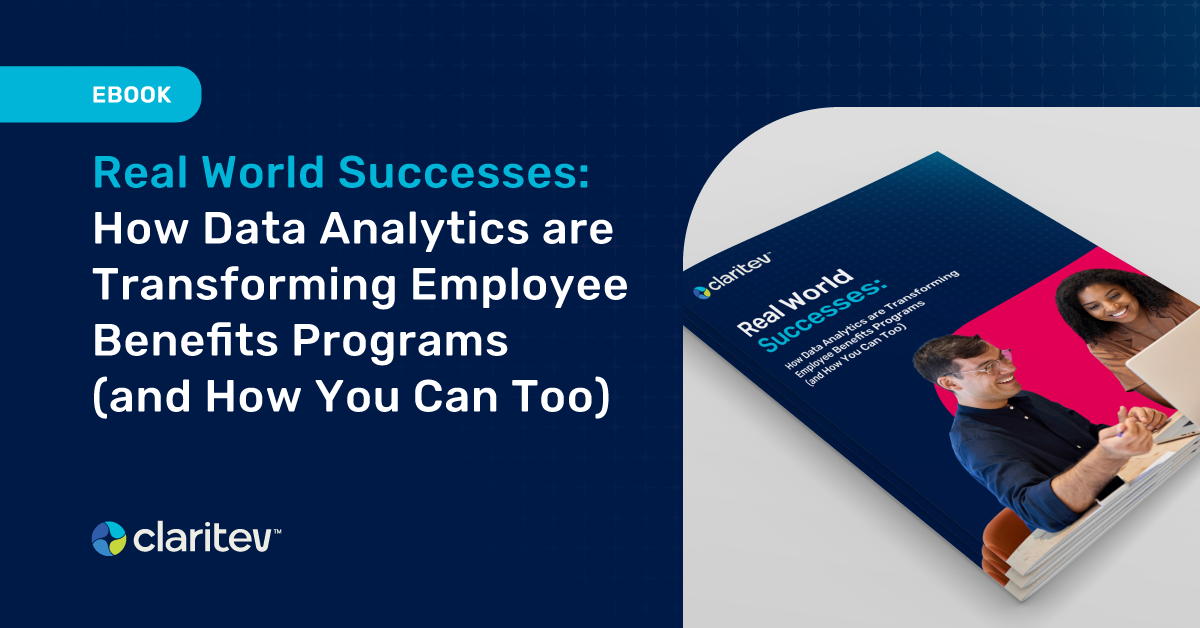Assessment is Your First Step to Success
In today’s complex benefits landscape, self-insured employers face mounting challenges. Healthcare costs continue to climb, employee expectations are evolving, and regulatory requirements grow increasingly stringent. As a benefits leader, you’re likely overwhelmed with fragmented data that provides limited visibility into what’s actually happening with your plans.
The Assessment Challenge
According to recent research, the projected healthcare cost trend is expected to rise 8% in 2025, the highest increase in more than a decade. Yet many benefits teams lack the comprehensive data insights needed to address these rising costs effectively.
The reality is that most employers are drowning in data but starving for insights. Your medical, pharmacy, wellness, and point solution data likely exist in separate silos, making it nearly impossible to gain a holistic understanding of utilization and costs. Without a unified view, how can you possibly make strategic decisions about your benefits program?
What Meaningful Assessment Looks Like
Assessment isn’t just about collecting data, it’s also about having the right platform to make that data actionable. Here’s what a meaningful assessment should provide:
- Unified Data Integration: Your platform should bring together medical carrier(s), Rx carrier(s), and third-party vendor data into a single view that combines both financial and clinical perspectives.
- Intuitive Executive Reporting: Pre-built reports with C-suite level summaries that can quickly drill down to answer stakeholder questions without requiring custom work.
- Benchmarking Capabilities: The ability to measure your performance against industry, geography, and company size to understand where you stand and identify opportunities.
- Security and Timeliness: Robust data security protocols with regular, timely updates to ensure you’re making decisions based on current information.
Real-World Success: Insurance Office of America’s Approach
Insurance Office of America (IOA) employers leveraged a comprehensive analytics platform to transform their assessment capabilities. With pre-built monthly financial and clinical reports, IOA was able to:
- Generate turnkey reports for employers
- Redirect time and energy to deeper dives and ad-hoc analysis
- Rapidly iterate on varying time horizons through pre-built reporting decks
- Analyze trend data against meaningful benchmarks
- Effectively validate and manage point solution expansion
The result? Significant efficiency outcomes including self-service ad-hoc data querying, streamlined information access for decision-making, and the ability to run “what-if” scenarios for plan modeling without constant reliance on actuaries.
Starting Your Assessment Journey
If you’re ready to begin your own data assessment journey, consider these key steps:
- Assemble a cross-functional team: Include stakeholders from Benefits, Executive Leadership, Finance, Technology, and Analytics in your platform review process.
- Prioritize requirements: Based on your internal sophistication and the clarity of insights you desire directly from your healthcare analytics platform.
- Focus on speed-to-insight: Look for pre-built reporting that can quickly drill down past surface-level insights, reducing time-to-value and helping you iterate rapidly.
- Document efficiency gains: As you implement, track and document the time and resource savings to demonstrate ROI.
Remember that the assessment stage sets the foundation for all your future benefits decisions. With the right platform and approach, you’ll gain clarity into what’s happening now—the essential first step toward proactive, data-driven benefits management.
Are you ready to transform how you assess your benefits data? The competitive advantage of truly understanding your benefits landscape has never been more critical.



